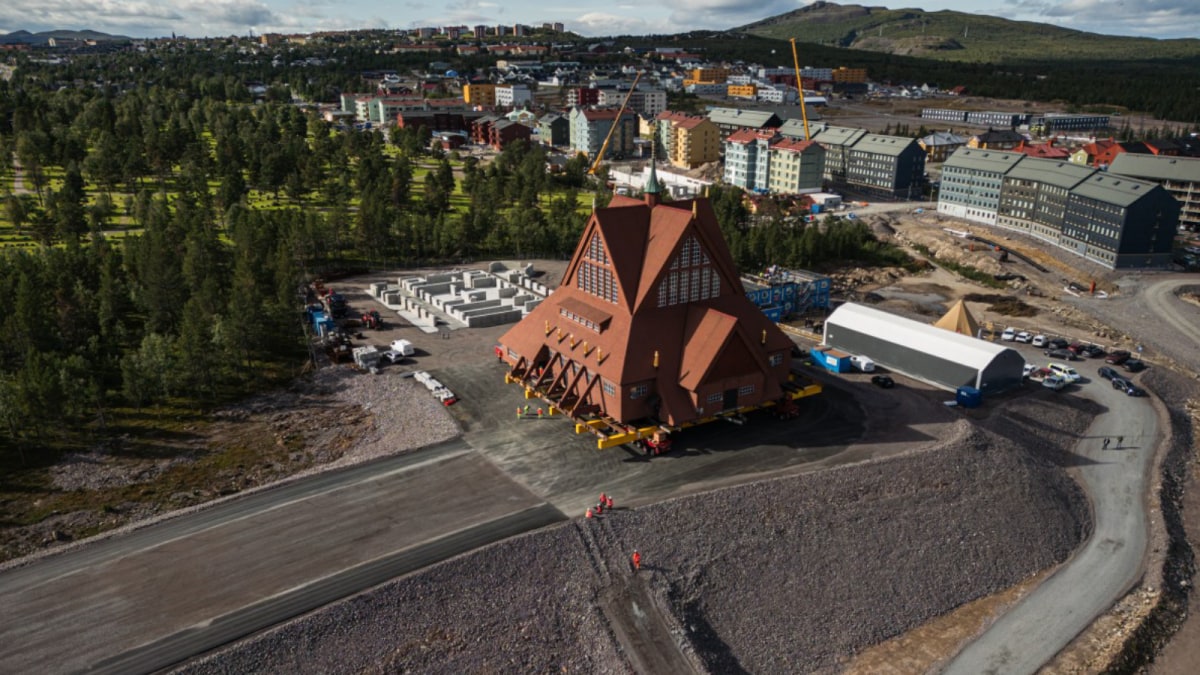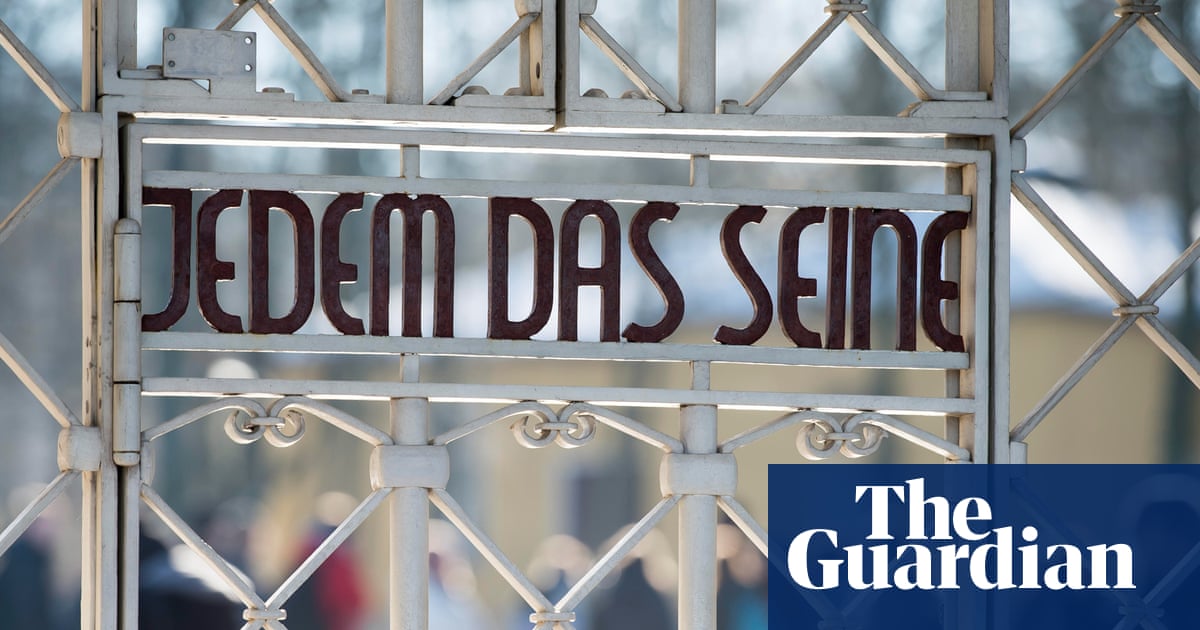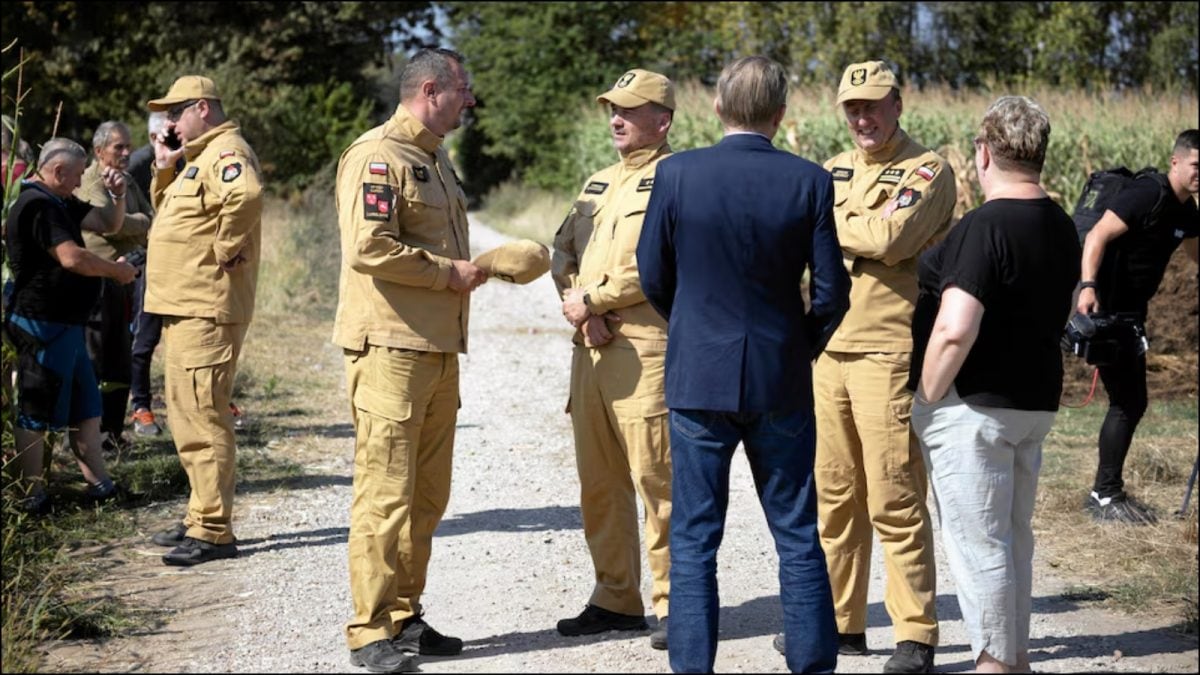The US strike on Iran's nuclear sites drew fierce global reactions — from Israeli PM Benjamin Netanyahu's applause to the United States and Latin American leaders warning of legal violations and an escalating regional crisis.

Patrons of the Chapel Street Cafe watch as President Donald Trump delivers an address to the nation following US strikes on Iran's nuclear facilities. (Image: Reuters)
Global leaders responded sharply and divergently after US forces struck three of Iran’s key nuclear facilities — Fordow, Natanz, and Isfahan — on Sunday, local time. The military operation, carried out with Israel's support, drew both high praise and deep concern, reflecting the polarised state of international politics over the Middle East conflict.
In a recorded message, Israeli Prime Minister Benjamin Netanyahu hailed the move as a "historic moment".
"Congratulations, President Trump. Your bold decision to target Iran's nuclear facilities with the awesome and righteous might of the United States will change history. History will record that President Trump acted to deny the world’s most dangerous regime the world’s most dangerous weapons," Netanyahu said.
While Israel cheered, other global leaders struck a far more sombre tone. United Nations Secretary-General Antonio Guterres, in a formal statement, called the attack a grave escalation.
"I am gravely alarmed by the use of force by the United States against Iran today. This is a dangerous escalation in a region already on the edge — and a direct threat to international peace and security. There is no military solution. The only path forward is diplomacy. The only hope is peace," Guterres said.
The Australian government, while reiterating concerns about Iran's nuclear ambitions, also stressed the need for restraint.
"We have been clear that Iran's nuclear and ballistic missile program has been a threat to international peace and security. We note the US President's statement that now is the time for peace. The security situation in the region is highly volatile. We continue to call for de-escalation, dialogue and diplomacy," news agency Reuters quoted an Australian government spokesperson as saying.
From the Pacific, New Zealand Foreign Minister Winston Peters also expressed grave concern over the Middle East conflict.
"We acknowledge developments in the last 24 hours, including President Trump’s announcement of US strikes on nuclear facilities in Iran. Ongoing military action in the Middle East is extremely worrying, and it is critical further escalation is avoided. New Zealand strongly supports efforts towards diplomacy. We urge all parties to return to talks. Diplomacy will deliver a more enduring resolution than further military action," Peters said.
Cuba's President Miguel Diaz-Canel, posting on X, denounced the US action as a violation of global norms.
"We strongly condemn the US bombing of Iran’s nuclear facilities, which constitutes a dangerous escalation of the conflict in the Middle East. The aggression seriously violates the UN Charter and international law and plunges humanity into a crisis with irreversible consequences," he wrote.
Venezuela's Foreign Minister Yvan Gil, using Telegram, echoed the condemnation and linked the operation directly to Israeli influence.
"The Bolivarian Republic of Venezuela firmly and categorically condemns the bombing carried out by the United States military, at the request of the State of Israel, against nuclear facilities in the Islamic Republic of Iran," Gil said.
Mexico's Foreign Ministry, in a message on X, avoided direct condemnation but appealed urgently for dialogue.
"The ministry urgently calls for diplomatic dialogue for peace between the parties involved in the Middle East conflict. We reiterate our call to de-escalate tensions in the region. The restoration of peaceful coexistence among the states of the region is the highest priority, it said.
Meanwhile, Iran's Atomic Energy Organization asserted that it would not permit any halt to the progress of its "national industry" — a phrase widely interpreted as a reference to its nuclear development program.
It also said the attacks on its Iran's nuclear sites violate international law, without clarifying the extent of the damage from the US strikes that President Donald Trump announced earlier.
Published By:
Sahil Sinha
Published On:
Jun 22, 2025

 1 month ago
1 month ago



















